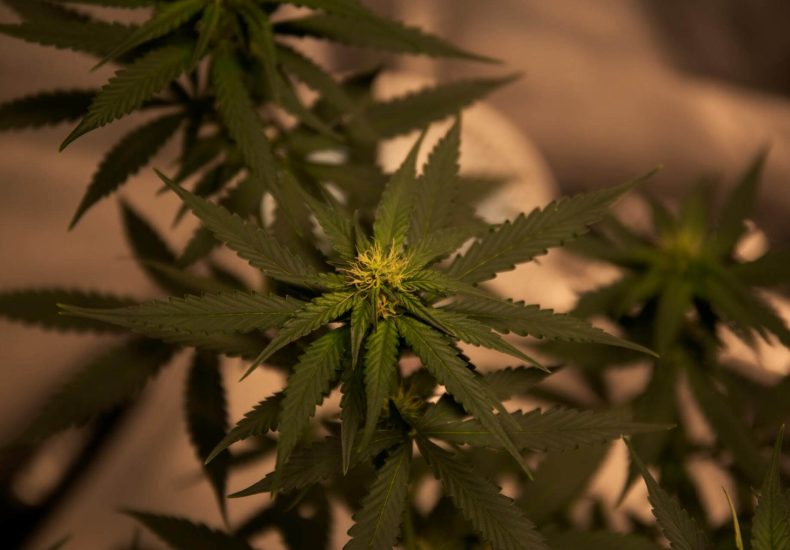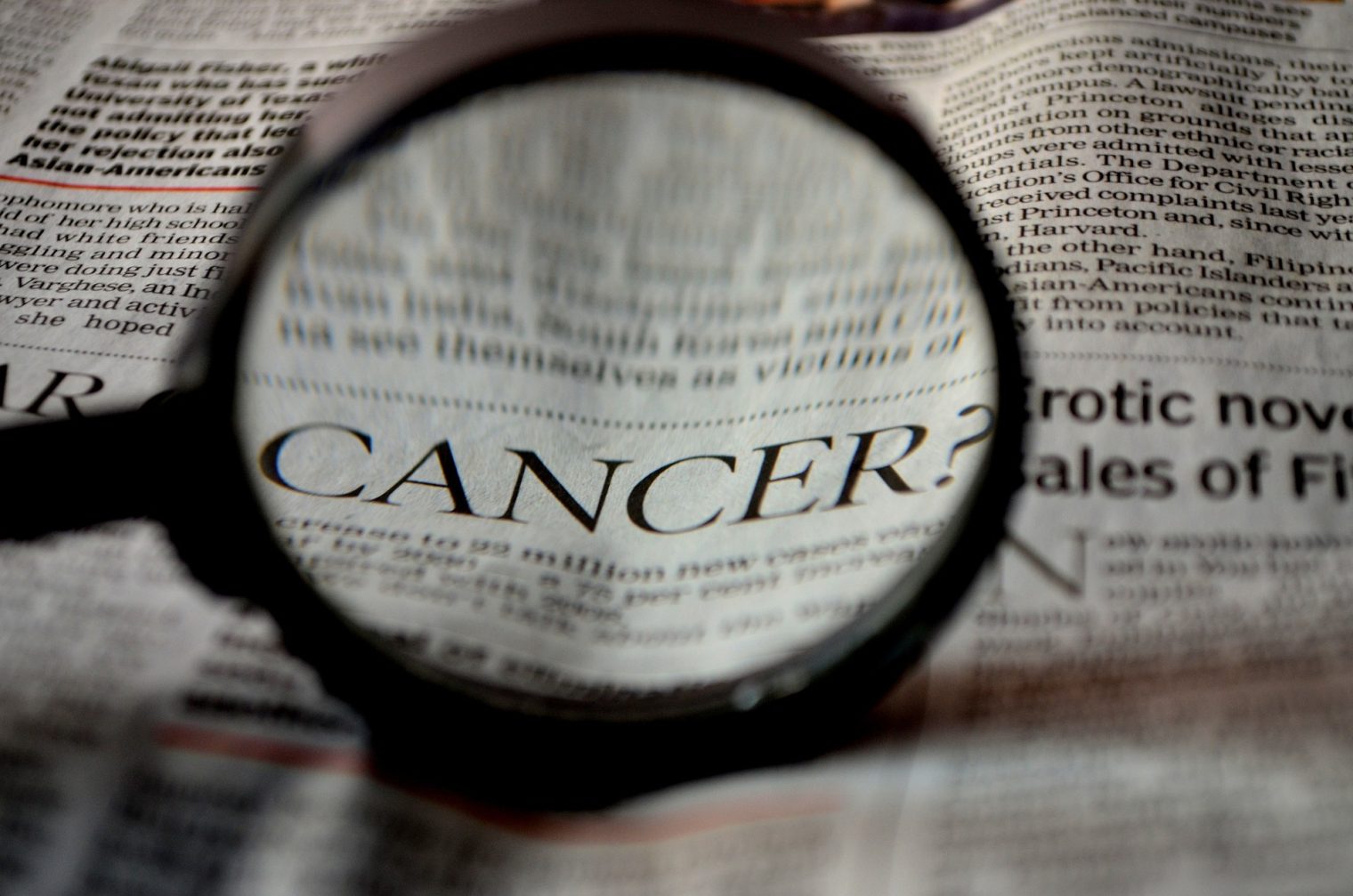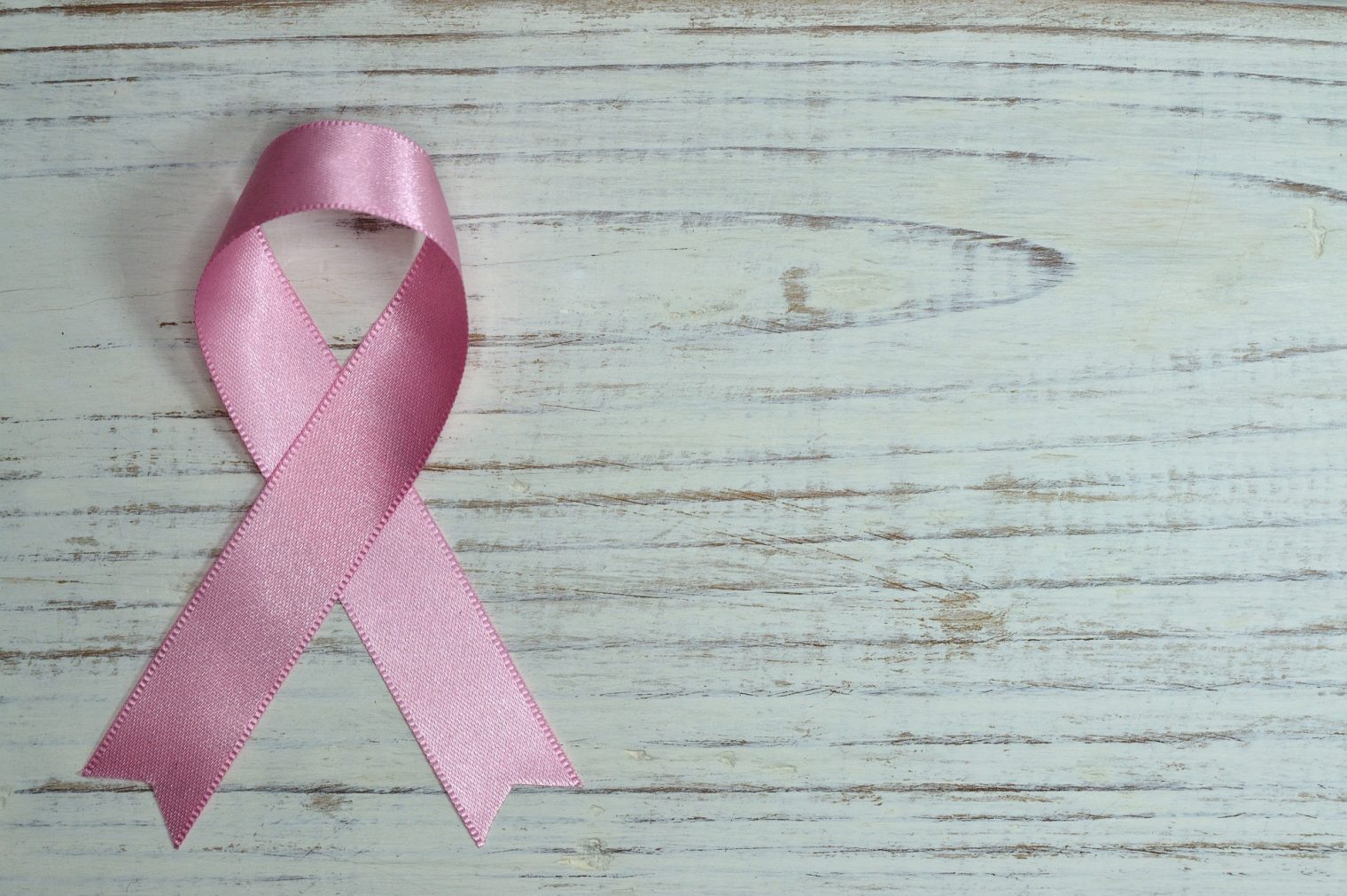 Cannabis
Cannabis
Table of Contents
We are not doctors, but that doesn’t stop people asking us does cannabis cure cancer? And even though there are so many conflicting answers, more research needs to be done. However, cannabis can help cancer patients to regain their appetite after chemo.
The debate surrounding the potential medicinal properties of cannabis has been ongoing for decades, with proponents and skeptics locked in a perpetual battle. Among the myriad claims regarding cannabis’s health benefits, one of the most intriguing and controversial is its potential to cure cancer. In this article, we will delve into the science and research behind this claim, exploring the complex relationship between cannabis and cancer to answer the burning question: Does cannabis cure cancer?

Cannabis and Cannabinoids
Before diving into the cancer-curing aspect, it’s essential to understand the constituents of cannabis that are believed to have medicinal properties. Cannabis contains hundreds of chemical compounds, but two classes of compounds, in particular, have garnered significant attention: cannabinoids and terpenes.
Cannabinoids, such as THC (tetrahydrocannabinol) and CBD (cannabidiol), are the primary compounds responsible for many of cannabis’s effects. THC is known for its psychoactive properties, while CBD is non-psychoactive and has gained fame for its potential therapeutic applications. Both compounds interact with the endocannabinoid system in our bodies, which plays a vital role in regulating various physiological functions. Some of these things go a long way to answer the question does cannabis cure cancer?
Cannabis and Cancer: The Scientific Perspective
Cannabis has been a subject of interest in cancer research due to the presence of cannabinoids that interact with our endocannabinoid system. Some studies have suggested that cannabinoids, particularly CBD and THC, may have potential anti-cancer properties. However, it’s crucial to differentiate between the claims made by some cannabis enthusiasts and the actual scientific findings.
- Anti-inflammatory and Analgesic Effects: Cannabis has long been used for its pain-relieving properties, and it is recognized for its ability to alleviate cancer-related pain and discomfort in cancer patients undergoing chemotherapy and radiation therapy. These effects can improve the quality of life for cancer patients, but they don’t necessarily equate to a cure for cancer itself.
- Inhibition of Tumor Growth: Some laboratory studies on animals and cell cultures have indicated that certain cannabinoids may slow down the growth of cancer cells or induce cell death (apoptosis). However, translating these findings into an effective cancer treatment for humans is a complex process and requires extensive clinical research.
- Antiemetic Effects: Cannabis can help manage chemotherapy-induced nausea and vomiting, making cancer treatment more bearable for patients. While this is a valuable application, it doesn’t directly address the question of curing cancer.
- Palliative Care: Cannabis-based medicines are sometimes used in palliative care to improve the overall well-being of cancer patients by alleviating symptoms such as pain, anxiety, and insomnia. While this greatly benefits patients, it doesn’t constitute a cure for cancer.
The Need for Clinical Trials to Answer Does Cannabis Cure Cancer
When we discuss the question, does cannabis cure cancer, it can be a strange conversation. Despite the promising results in preclinical studies, there is a significant gap between these findings and concrete evidence that cannabis can cure cancer in humans. Clinical trials involving cancer patients are necessary to determine the safety and efficacy of cannabis-based treatments fully. Such trials face numerous challenges, including legal restrictions, limited funding, and the complexity of cannabis as a medicine.
A limited number of clinical trials have been conducted, and their results have been mixed. For instance, the National Cancer Institute recognizes that some cannabinoids may have antitumor effects in animal models, but it also states that more research is needed to understand their potential in treating cancer in humans. Therefore, it is premature to make sweeping claims about cannabis as a cancer cure based solely on existing research.

The Role of Patient Testimonials
Does cannabis cure cancer? We are getting closer to the answer. One of the reasons behind the ongoing belief in cannabis as a cancer cure is the abundance of patient testimonials circulating on the internet and in the media.
These stories often depict individuals who claim to have cured their cancer with cannabis, sometimes as a standalone treatment or in conjunction with conventional therapies. While these accounts can be compelling, they are anecdotal and lack the scientific rigor necessary to establish cannabis as a definitive cancer cure.
It is essential to recognize that individual responses to treatments, including cannabis, can vary widely. What works for one person may not work for another due to the complex and heterogeneous nature of cancer.
The Legal and Regulatory Hurdles
Another significant obstacle in the pursuit of cannabis-based cancer treatments is the legal and regulatory landscape. The legal status of cannabis varies from country to country, and even within the United States, where it is federally illegal but legal in some states for medical and recreational use. This legal ambiguity makes it challenging to conduct research, access quality-controlled cannabis products, and develop standardized treatments.
Moreover, the lack of FDA approval for cannabis as a cancer treatment means that patients and healthcare providers have limited guidance on its use, dosing, and safety. This regulatory uncertainty further complicates the quest to determine whether cannabis can indeed cure cancer.
Does Cannabis Cure Cancer or Not?
In the quest to answer the question, “Does cannabis cure cancer?” it is essential to approach the topic with a balanced perspective. While there is intriguing research suggesting that certain cannabinoids may have anti-cancer properties, the leap from these findings to a definitive cancer cure for humans is fraught with challenges and uncertainties.
Cannabis does offer some promise in alleviating cancer-related symptoms, improving the quality of life for patients, and possibly influencing tumor growth. However, it is premature to declare cannabis as a miracle cure for cancer based on the limited scientific evidence and the complexity of cancer as a disease.
The path forward involves rigorous clinical trials, increased research funding, improved regulatory frameworks, and open-minded investigation into the potential of cannabis as a complementary therapy for cancer patients. Until then, patients and healthcare providers should exercise caution and rely on proven, evidence-based treatments while remaining hopeful that ongoing research may one day unlock the true potential of cannabis in the fight against cancer.


